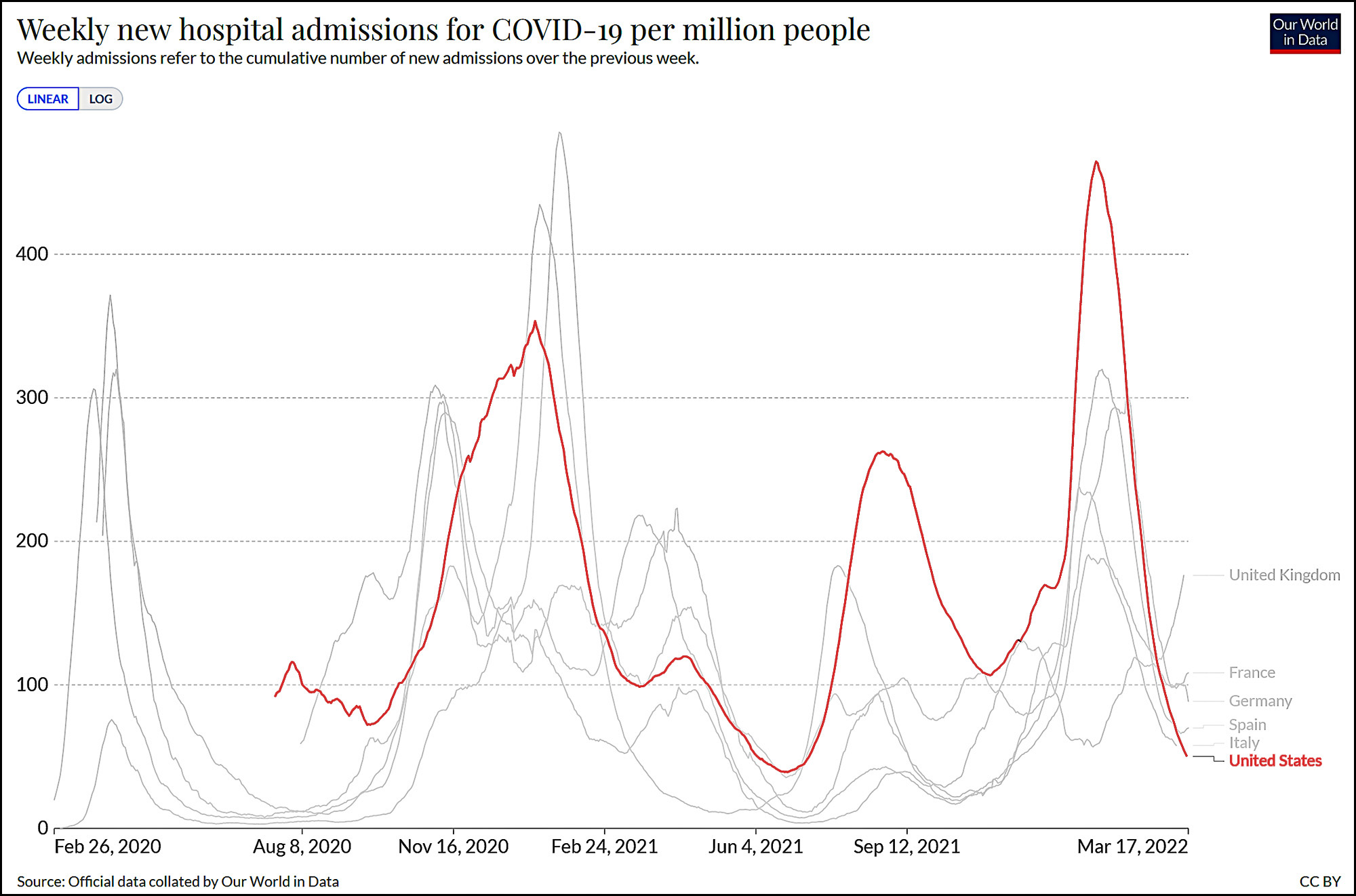Here's a quasi-philosophical question for your weekend amusement that's probably been studied but is just obscure enough that I can't find anything relevant when I search for it.
Most philosophical systems assume that a life is a life, all equally valuable. This makes sense for any moral system that has to be universal, but in practice it's obviously not true. Every one of us systematically values some lives more than others.
What I'm curious about is whether anyone has done empirical research to find out just how much we tend to value different lives based on their relationship to us. Put differently, how much time/effort/money would we expend to save the life of, say, our mother vs. the life of an unknown Vietnamese peasant?
As an example of what I'm talking about, here are various categories of people with scores attached to them:
 This suggests that, in practice, you'd spend a lot of effort to save the life of your mother, but still only about half of what you'd do to save your own life. For a random person with whom you have no plausible connection, you'd be willing to expend about a millionth the effort you'd expend to save yourself.
This suggests that, in practice, you'd spend a lot of effort to save the life of your mother, but still only about half of what you'd do to save your own life. For a random person with whom you have no plausible connection, you'd be willing to expend about a millionth the effort you'd expend to save yourself.
Obviously there are lots of possible systematic categories: kinship, nationality, geographic proximity, fame, etc. And the values would likely depend on your own culture, religion, etc.
Has anyone ever done empirical work of this sort? It seems like it might be useful to incorporate it in some way into a system of real-world ethics.




